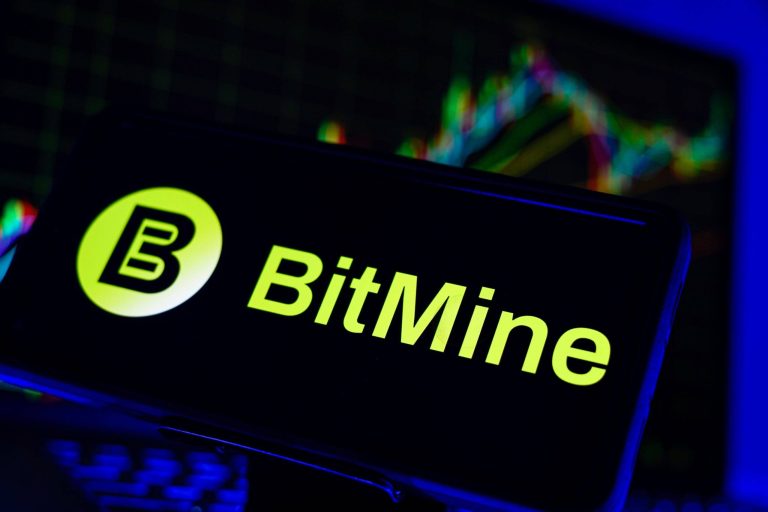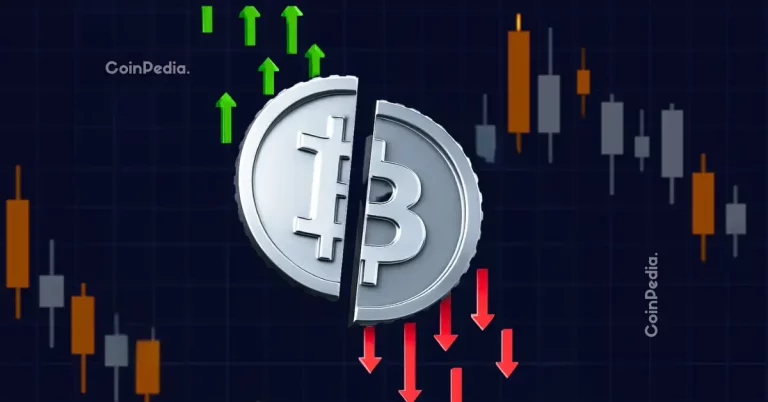
The Future of Education: What 2025 Holds
Introduction to the Future of Education
The Future of Education: What 2025 Holds. The world of education is on the cusp of a revolution, driven by technological advancements, shifting societal needs, and an evolving understanding of how we learn. As we look to the future, it’s clear that the education sector will undergo significant transformations in the coming years. In this article, we’ll delve into the trends, innovations, and predictions that will shape the future of education in 2025 and beyond.
Key Trends in Education for 2025
Several key trends are expected to dominate the education landscape in 2025. These include:
- Personalized Learning: With the help of AI and machine learning, educational institutions will be able to offer more tailored learning experiences that cater to individual students’ needs and abilities.
- Virtual and Augmented Reality: Immersive technologies will become increasingly integrated into educational settings, providing students with engaging, interactive, and memorable learning experiences.
- Artificial Intelligence: AI will play a larger role in education, from automating administrative tasks to enhancing student learning outcomes through adaptive assessments and feedback.
- Sustainability and Environmental Education: As concern for the environment grows, education will place a greater emphasis on sustainability, environmental awareness, and the skills needed to address global challenges.
- Global Connectivity and Collaboration: Technology will enable greater collaboration and exchange between students, educators, and institutions worldwide, fostering a more global and interconnected approach to learning.
Emerging Technologies in Education
Beyond these trends, several emerging technologies are poised to make a significant impact on education in 2025. These include:
- Blockchain: Blockchain technology can help secure student records, facilitate the creation of digital badges and certificates, and ensure the integrity of educational assessments.
- 5G Networks: The rollout of 5G networks will provide the high-speed, low-latency connectivity necessary for seamless virtual and augmented reality experiences, as well as more reliable and efficient online learning platforms.
- Internet of Things (IoT): The IoT will enable the creation of smart classrooms and campuses, where technology is integrated into the physical environment to enhance learning, efficiency, and student experience.
- Extended Reality (XR): XR, encompassing VR, AR, and MR, will become more prevalent in educational settings, offering immersive, interactive learning experiences that simulate real-world environments and scenarios.
Preparing for the Future of Education
To prepare for the future of education, it’s crucial for educators, policymakers, and technology providers to work together to address the challenges and opportunities presented by these trends and technologies. This includes:
- Investing in Teacher Training: Educators need training and support to effectively integrate new technologies and teaching methods into their practice.
- Developing Infrastructure: Schools and educational institutions must invest in the digital infrastructure necessary to support emerging technologies and online learning platforms.
- Ensuring Access and Equity: Efforts must be made to ensure that all students have access to the technologies and resources they need to succeed, regardless of their background or socioeconomic status.
- Fostering Collaboration and Innovation: Encouraging collaboration between educators, technologists, and industry leaders can drive innovation and help develop solutions that meet the evolving needs of students and society.





